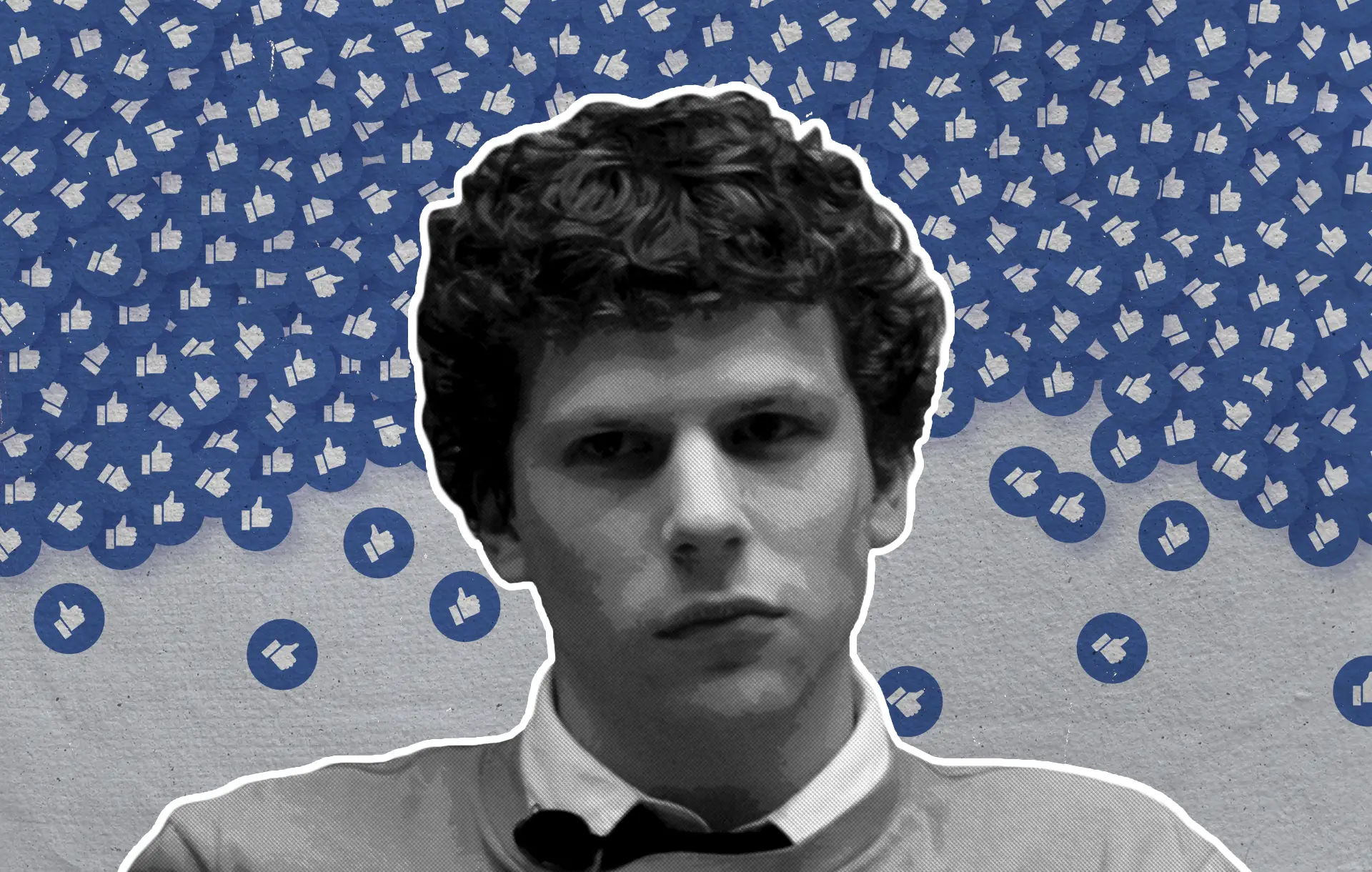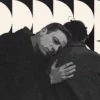Aaron Sorkin gets flack sometimes, in his writing, for not seeming to understand the Internet. He wrote three seasons of a TV show, The Newsroom, in which he made clear he had no idea how TV newsrooms work in the age of the web, while also making bloggers and tweeters into lazy villains.
But give Sorkin credit: His script for the 2010 film The Social Network not only won him an Oscar, but it figured out, years before most of us, that there was something nefarious and rotten about Mark Zuckerberg and Facebook.
The film, which marks its 10th anniversary this month, was directed by David Fincher, and adapted by Sorkin from Ben Mezrich’s book The Accidental Billionaires, and let’s just say the screenplay is much better than the book.
It figured out, years before most of us, that there was something nefarious and rotten about Mark Zuckerberg
It told the story of the origins of Facebook, and how Harvard student Zuckerberg (Jesse Eisenberg), driven by resentment at the school’s WASP establishment and anger at a girlfriend (Rooney Mara) who broke up with him, created the world’s most influential social network and ended up the world’s youngest billionaire. There are also his fights with the Winklevoss twins (both played by Armie Hammer), who accused him of stealing the idea for Facebook, and erstwhile best friend and CFO Eduardo Savarin (Andrew Garfield) who ended up left behind by the company’s success.
Upon rewatch, The Social Network remains a superlative movie. It’s funny, engaging, and well-structured, with fantastic dialogue and a great, Oscar-winning score by Trent Reznor and Atticus Ross (the film also won Oscars for editing and for Sorkin’s screenplay). And it got a good handle on Zuckerberg at a time that he was mostly unknown, showing that Zuckerberg got his start as an obsessive weirdo, who engaged Harvard in a campus-wide game of rating the hotness of girls.
But watching again today, a few things stick out, the main one is, Mark Zuckerberg sucks. As presented in the movie, at least, he’s a rancid misogynist, an unscrupulous businessman, and a passive-aggressive and two-faced friend. The people suing him are pretty clearly in the right – especially Eduardo Saverin, who’s the movie’s clear moral center – and Zuckerberg, especially in the deposition scenes, shows the type of condescending arrogance that represents everything people now hate about Silicon Valley.
In one scene, Zuckerberg is seen logging onto Facebook under an assumed name to “rile people up,” which would become the primary effect his creation had on society, about 15 years on. It’s like he invented trolling.
None of this was anywhere close to the conventional wisdom about Zuckerberg or Facebook at the time of the movie’s release in 2010, but it certainly is now, though I wouldn’t say the movie is the reason why.
True, much of what happens in the movie wasn’t what actually happened in real life. Zuckerberg’s real-life motivation had nothing to do with any ex-girlfriend, nor with a desire to get into Harvard’s elite “Final Clubs” (Mezrich’s book constantly mentions that Zuckerberg and his friends were really into Asian women, which the movie touches on). It’s also been noticed that various real-life people featured in the movie have had reputations nose-dive in the last few years:
No, it’s not a perfect movie. Yes, all of the characters talk exactly like Aaron Sorkin characters. It’s been said that Sorkin writes every woman as the same person, Mara’s ex-girlfriend character, Erica, is that person. And the scene in which Saverin’s jealous girlfriend (Brenda Song) sets fire to his bed is not only a weirdly sexist caricature, but it feels like a deleted scene from a completely different movie that has nothing to do with this one.
When The Social Network was first announced, I remember thinking that if Facebook ended up going the way of Friendster and Myspace and got quickly supplanted by something else, the movie would quickly become obsolete.
That didn’t happen, but something much worse did. Facebook is still widely used ten years later, but it’s quickly become a cultural scourge, and the product itself is by far the worst it’s ever been.
Facebook, in 2020, is the place where foreign election propaganda gets shared, where fake news spreads with little pushback, and you get to find out all the time just how racist all of your old elementary school classmates now are. And that’s to say nothing of the festival of hostility and passive aggression that takes place on neighborhood Facebook groups… On top of all of that, Facebook’s interface just gets worse and worse every year.
I like Twitter. I learn things on Twitter, I laugh a lot, and I get to be in a conversation with all of my favorite writers. But Facebook, I just feel worse and worse every time I log on.
Facebook is still widely used ten years later, but it’s quickly become a cultural scourge
When there’s a “Facebook movie” these days, it’s usually a documentary, laying out the case of how Facebook has done its part to ruin the whole world. There are many such docs, most notably The Great Hack, and The Social Dilemma.
While there are reports of a movie on the way about the Winklevoss’ foray into Bitcoin, one based on a book by the same author, Ben Mezrich, I could actually envision a sequel about Facebook’s later years, once again with Eisenberg as Zuckerberg, but with the stakes upped significantly, to the future of democracy itself, rather than the founder’s fervent wish that his ex-girlfriend will accept his friend request.




